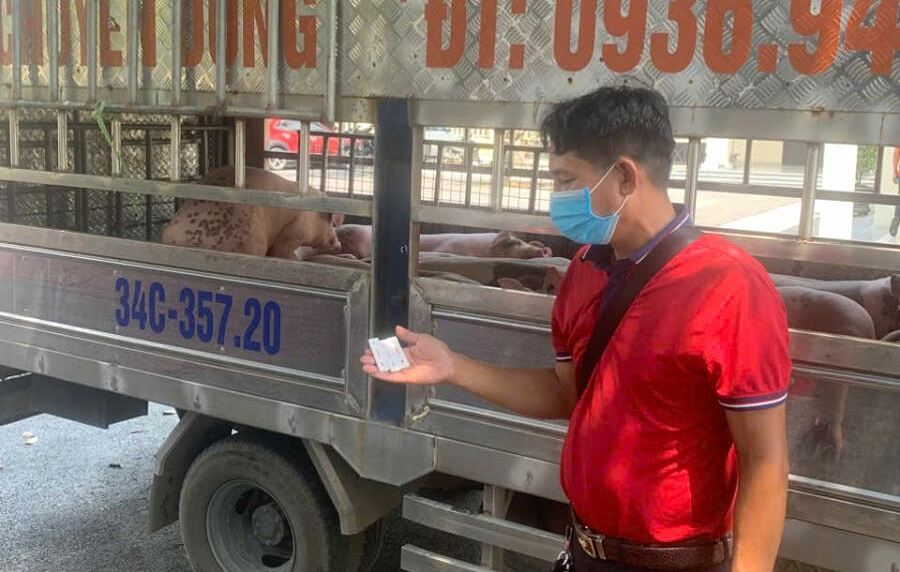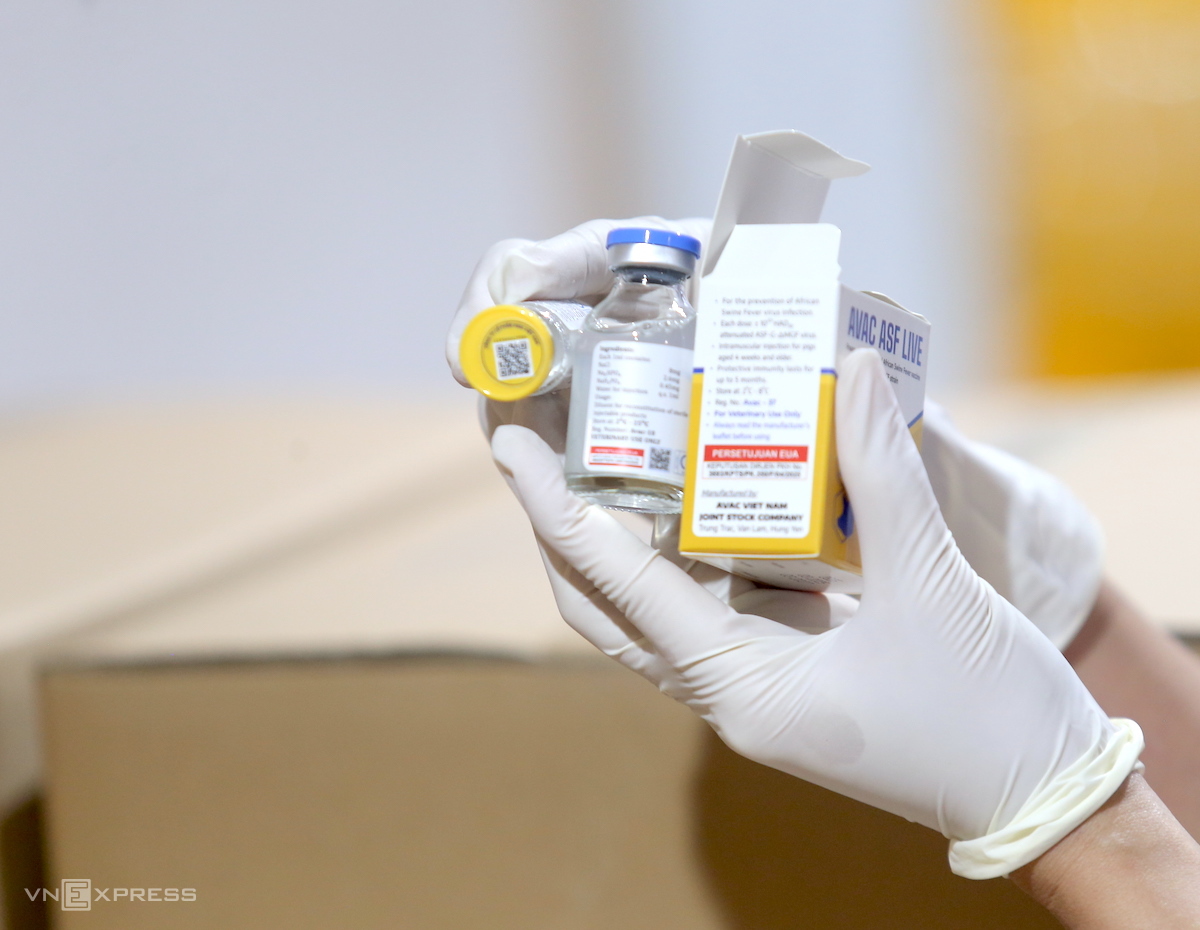The Ministry of Agriculture and Rural Development reports that 248 outbreaks have been recorded in 20 out of 34 provinces within the last 21 days: Bac Ninh, Cao Bang, Da Nang, Dak Lak, Dien Bien, Dong Nai, Dong Thap, Gia Lai, Hanoi, Khanh Hoa, Lai Chau, Lang Son, Lao Cai, Lam Dong, Ninh Binh, Phu Tho, Quang Ngai, Quang Tri, Son La, and Tuyen Quang. 19,700 pigs have been infected, with 20,280 deaths and culls.
From the beginning of the year to date, 514 outbreaks of African swine fever have occurred across 28 out of 34 provinces. Five provinces (TP HCM, Hue, An Giang, Thanh Hoa, Hung Yen, and Hai Phong) have not reported any cases. Over 29,600 pigs have been infected, resulting in over 30,460 deaths and culls. Compared to the same period in 2024, based on data from 31 provinces, the number of outbreaks has decreased by over 41%, and the number of pig deaths and culls has decreased by over 60%.
Lang Son province has been the most severely affected, with 149 outbreaks, of which 118 are within the last 21 days, resulting in over 5,600 infected and culled pigs. Cao Bang follows with 64 outbreaks, 43 of which are within the last 21 days, with over 7,700 infected and culled pigs.
 |
Transport of pigs infected with African swine fever seized in Phu Tho on 9/7. Photo: Phu Tho Police |
Transport of pigs infected with African swine fever seized in Phu Tho on 9/7. Photo: Phu Tho Police
Phan Quang Minh, Deputy Director of the Department of Animal Health, assesses that African swine fever is on the rise, mainly recurring in old outbreak areas, with an average scale of 50-60 pigs. This is due to the virus's high resistance, the emergence of new, difficult-to-eradicate strains, and its persistence in the environment. Small-scale farming and farming within residential areas still account for a significant proportion of pig production, leading to inadequate biosecurity measures.
"Some localities have failed to detect outbreaks promptly, concealed outbreaks, and only taken action after the disease has spread widely. Small-scale slaughtering is still prevalent, and local authorities lack stringent control," the Department of Animal Health stated. Vaccination is an effective solution, but it is currently only used for market pigs and not widely adopted by farmers, resulting in insufficient herd immunity.
The Department of Animal Health also reports that concealing outbreaks takes many forms, such as selling sick pigs, illegal slaughtering, internal consumption, misreporting or failing to report, and disposing of pig carcasses in the environment. "This allows the highly resistant and persistent African swine fever virus to spread," Minh said, expressing concern that sick pigs are being sold in markets in several localities like Binh Duong, Binh Phuoc, Gia Lai, and Thanh Hoa.
 |
Limited vaccination has led to inadequate herd immunity. Photo: Gia Chinh |
Limited vaccination has led to inadequate herd immunity. Photo: Gia Chinh
The Department of Animal Health representative also pointed out shortcomings in the current culling process. According to regulations, only dead pigs, those with clear symptoms, or those with positive test results are culled. This causes delays of several days, during which some farmers quietly sell sick pigs or dispose of carcasses in the environment.
Given this situation, Deputy Minister of Agriculture and Rural Development Phung Duc Tien requested the prompt and synchronized implementation of vaccination for pigs in high-risk areas like the northern mountainous regions and the central region. He also emphasized close monitoring of the epidemic's development and assessment of its potential spread to implement timely response measures. "Inspection and handling of violations need to be intensified, especially in disease hotspots, and full support should be provided to farmers when culling sick pigs to encourage proactive reporting," he requested.
In the long term, the Ministry of Agriculture and Rural Development leadership suggested that the grassroots veterinary system needs to be unified and adequately staffed. Control over slaughtering, transportation, and pork trading must be tightened, especially at major food supply points.
African swine fever, originating in Africa, spreads rapidly and has a near 100% mortality rate in infected pigs. The virus is present in the blood, organs, and secretions of infected pigs. It is highly resistant, tolerates low temperatures, and is only killed at 70 degrees Celsius. The disease is transmitted through respiratory and digestive routes, via direct or indirect contact with virus-contaminated objects. While not transmissible to humans, humans can act as carriers and spread the disease.
Gia Chinh












